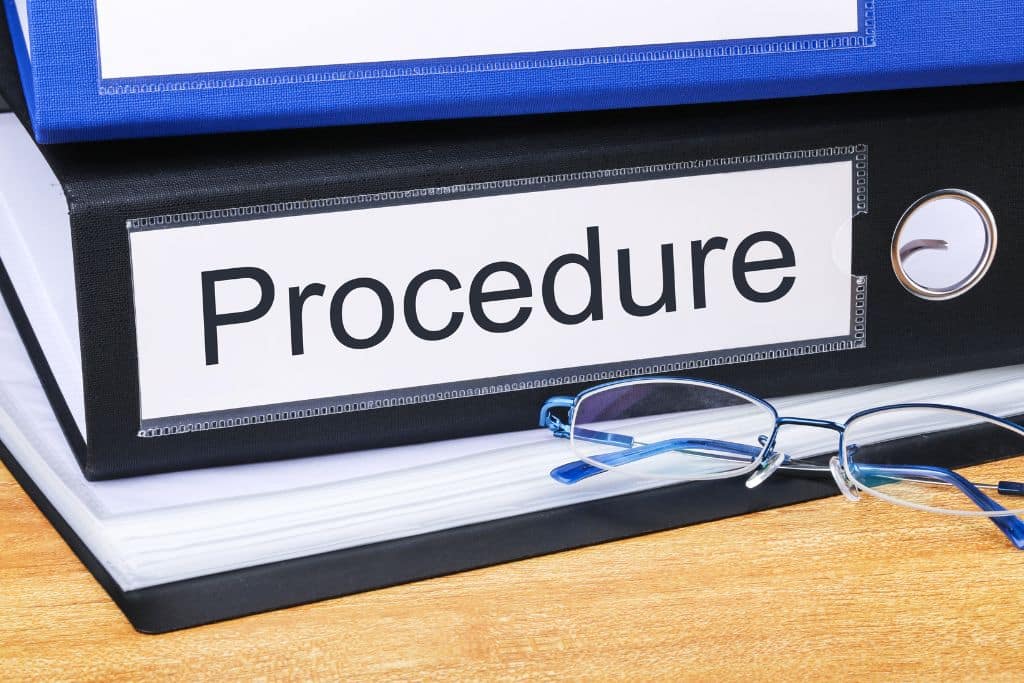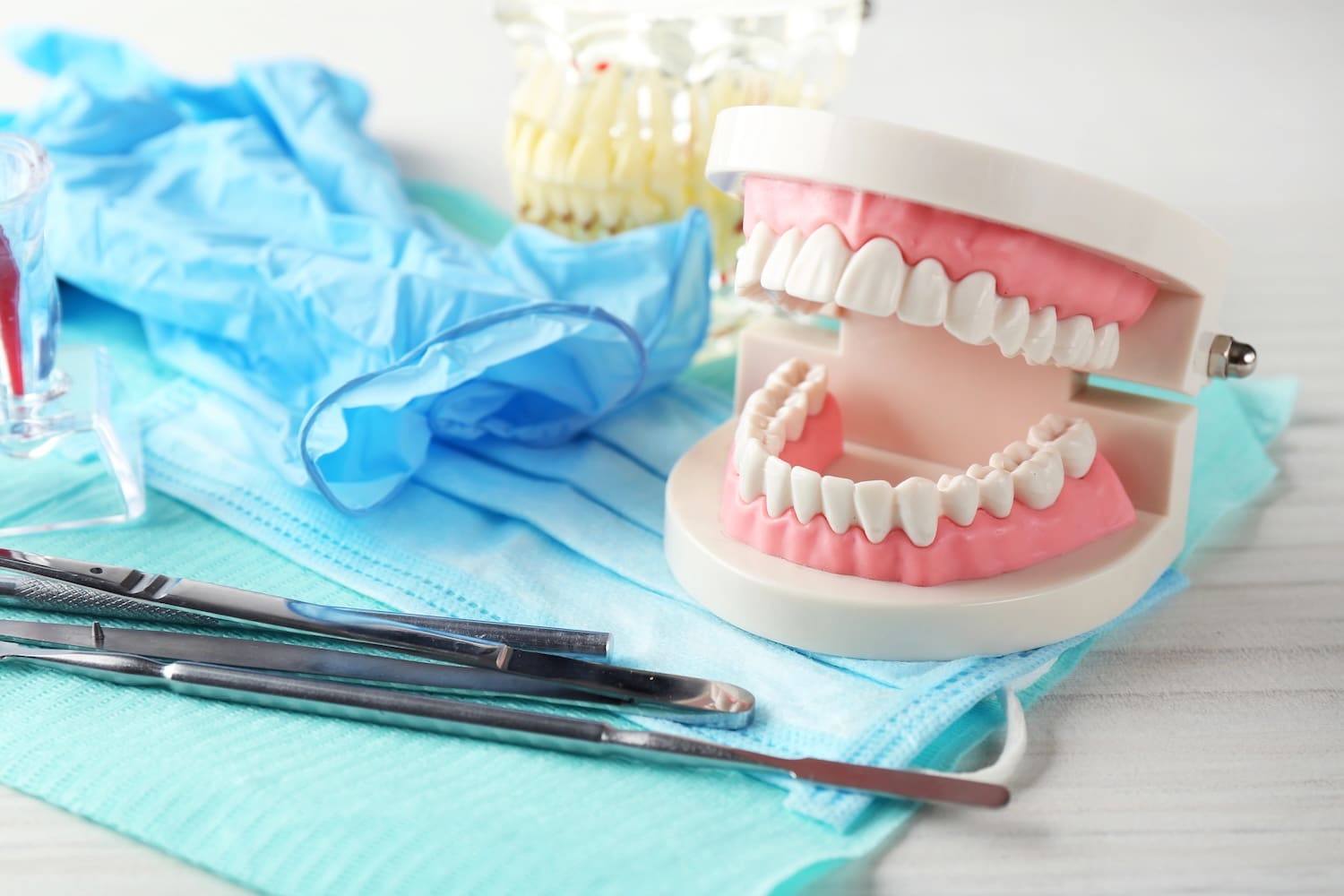If your dental practice has been selected for an audit, you may be wondering about the audit process and how to prepare for it. Even if you haven’t been audited yet, you should assume that you could have one at any time, and be prepared.
Dental insurance claims audits are becoming more frequent, so dental professionals should be familiar with what a dental insurance audit involves, and how to be ready.

Table of Contents
ToggleDental Insurance Audit
It helps to understand what an insurance audit is, as well as what might trigger one.
What Is the Purpose of an Audit?
Usually, an audit is a general checkup, and isn’t necessarily targeting your dental practice. However, audits are aimed at preventing abuse of the system, since insurance companies estimate high losses due to fraud. Dentists should understand that complete record keeping and submitting complete and accurate claims is important.
What Are Reasons Your Dental Practice May Have Been Chosen?
Any unusual, or atypical claim that has been submitted online may trigger a review or audit, if it seems to suggest provider abuse. Each claim submitted is analyzed by a third party, and abnormal charges that may be indicative of fraud or abuse will be flagged.
Information on trends in dental practice charges, such as average cost per claim or person and frequency of specific procedures are also tracked. Dental practices that have outlying trends may be chosen for audit.
Transactions that may trigger review include:
- Billing for services that are usually not justifiable or clinically necessary, or for services not actually completed. Even if a procedure was performed and justifiable, if there isn’t sufficient documentation for evidence, this will be seen as an issue.
- Wrongly reporting a service, such as reporting a cosmetic procedure as a covered service, or claiming a more complex procedure
- Submitting several procedures, which were performed together, as separate procedures
- Altering records, including dates
- Waiving copayments or deductibles
- Allowing an unlicensed staff member such as a hygienist to complete a procedure
Common incorrect coding and over-billing errors include:
- Specific or emergency examination codes for a recall examination
- Coding for full unit polishing at the maximum rate when limited polishing is normal
- Complete examination codes automatically for a patient that is regularly seen
- Incorrectly differentiating scaling from root planing
- Claiming the maximum times on certain procedures
- Billing all services under one dentist’s number when there are several working at the clinic
In general, if you are billing differently from other, similar practices, your documentation, services and patient information will be reviewed.
Types of Dental Audits and Reviews
You could be selected for a prepayment review, where claims are reviewed before payment is issued, or a post-payment review, to review claims after payment.
Post-payment reviews are most common. The insurance company specifies patient names and requests copies of all relevant records, usually for a two year period. Usually, all documentation needs to be received within 30 days.
In rarer cases, an in-person audit may be needed.
Clinical Audit Project
For clarification, this article discusses dental insurance audits, not a clinical audit, which are part of a quality improvement process aimed at improving patient care. A clinical audit is a tool to measure a clinic’s patient care against set standards. A regular audit cycle is established to monitor and continue to improve healthcare practices and improve quality of services rendered.
In-Person Audit Procedures
You are usually notified of an audit by a letter, although you may also receive a phone call. The time and date of the audit will be scheduled. You can ask why the audit is being completed, and it is recommended that you do so, to help you prepare. In this way, you’ll know if it was a random audit or if a claim was flagged as abnormal. You can also ask to confirm the planned process or schedule.
Insurance representatives will come to your dental practice to check that billing claims match patient file documentation. They will assess whether the amounts paid to you were for an actual dental insurance plan member and whether services were actually completed, per the treatment plans. They will also check that services were done in compliance with legislation.
The auditors will also review patient files for patient medical and dental histories and other documentation on examinations, diagnoses, treatments, diagnosis, and procedures and outcomes.
Auditors may review other aspects of your dental practice, as well.
You should remain with the auditor at all times, to answer questions, find any records, and facilitate the process. Preparing your staff ahead of time is helpful, too.
How To Prepare
If you have an audit scheduled in the near future, it’s too late to make significant changes to your record-keeping, and you can’t change what has already been done. However, for the future, and ensuring you are prepared for any future audits, it’s recommended to start implementing a better process.
Make sure you review documentation of terms of third-party contracts and manuals, and keep them on hand so you can refer to them as necessary.
Whenever billing, ensure the completed procedure matches the billed one, and that the correct price is shown. Include all relevant details in patient records to ensure a complete picture of the work needed and completed is given, so anyone reviewing it can understand. Thorough, complete, accurate and detailed records are essential.
Also, make sure all records are organized for easy retrieval, because if you can’t quickly and easily find documents, they may not be available in time for an audit.

Patient Records
You need to be sure you have a good record maintenance system in place. You need to be able to find records quickly and easy, so all record keeping needs to be in order. Having an efficient, functional system will help with that.
An audit will take up a significant amount of administrative time to retrieve necessary records, but an efficient system will help.
If supporting documentation is very poor, the auditor might assume your dental practice is billing for services not completed, and recommend a fraud investigation.
Importance of Documentation
Many dentists could benefit from improving documentation, to be sure to present a clear description of the case, from how the issue was noticed and a diagnosis was made, to why a certain restoration was needed, and even the details of the actual procedure, including dates and times.
You should be aware that you could have issues if your documentation isn’t in order, even if your billings aren’t fraudulent. In fact, most concerns are due to poor documentation, rather than fraud. If your records don’t match with billings, you are unable to take any action.
If there are issues with documentation, overpayments will need to be paid back.
Internal Audit
An excellent way to make sure your dental practice is ready for any audit is to have an independent third party conduct an internal audit of your documentation and billing coding. An auditor can then identify any gaps and make recommendations. You can have a staff member perform an internal audit, but it’s difficult to maintain fresh eyes, and it takes that staff member from regular duties. In addition, an experienced auditor will be better able to note deficiencies.

Dental Tax offers financial consulting services, and can provide guidance on billing and accounting systems that are efficient, work effectively, and can make audits simpler.
Adam has an MBA from the Richard Ivey School of Business in London and also holds a Chartered Investment Manager designation.
- 2026 Tax Changes Affecting Canadian Dentists - January 5, 2026
- Financial Metrics Every Dental Practice Should Track - December 22, 2025
- Buying vs. Starting a Dental Practice: Financial Comparison - December 11, 2025




